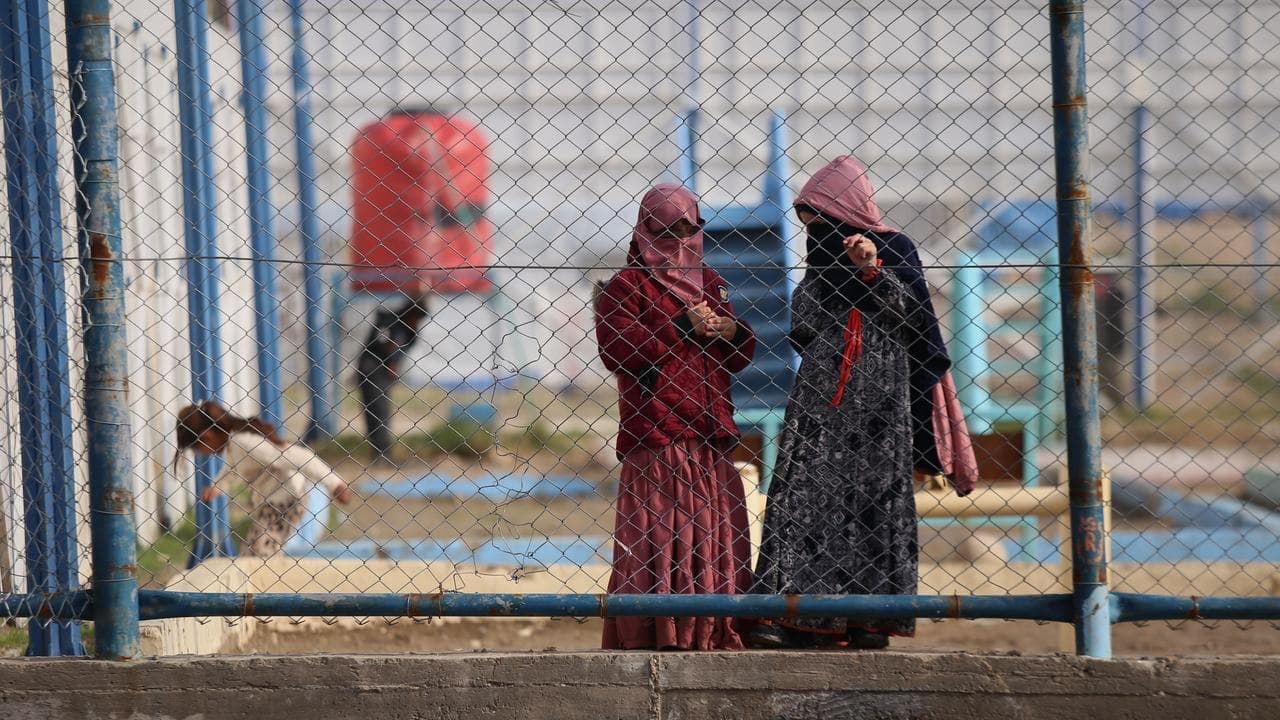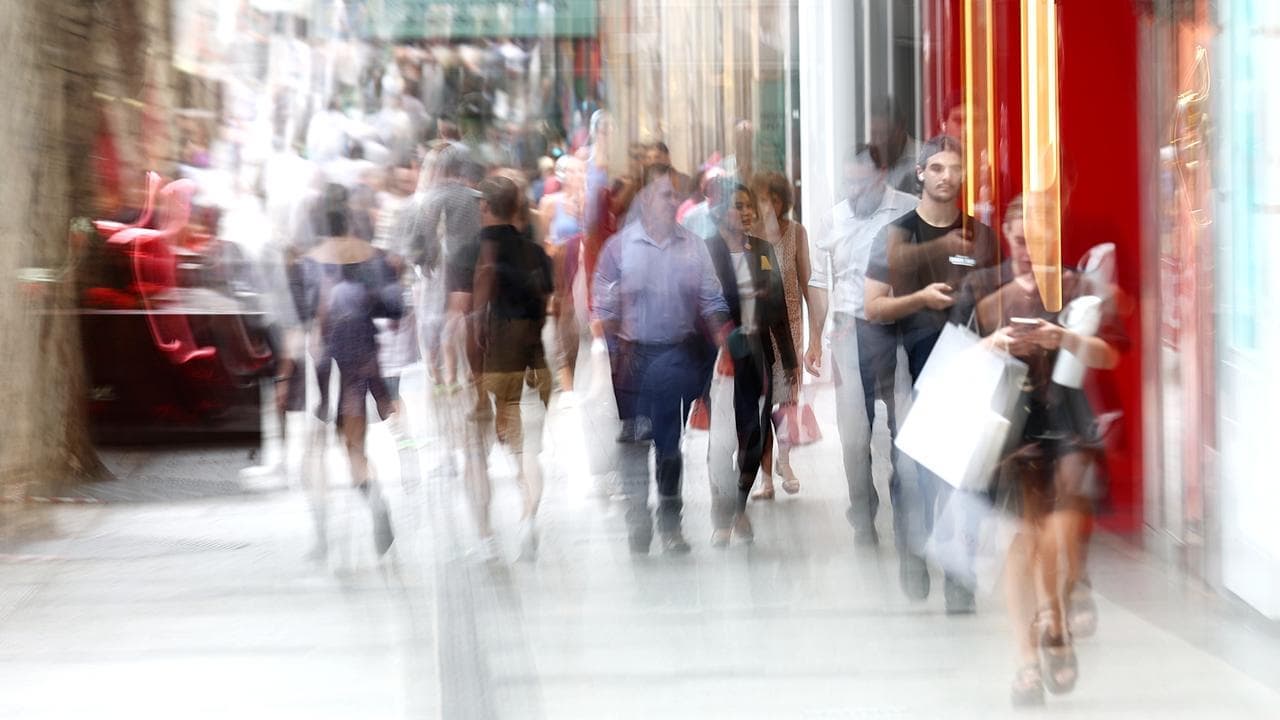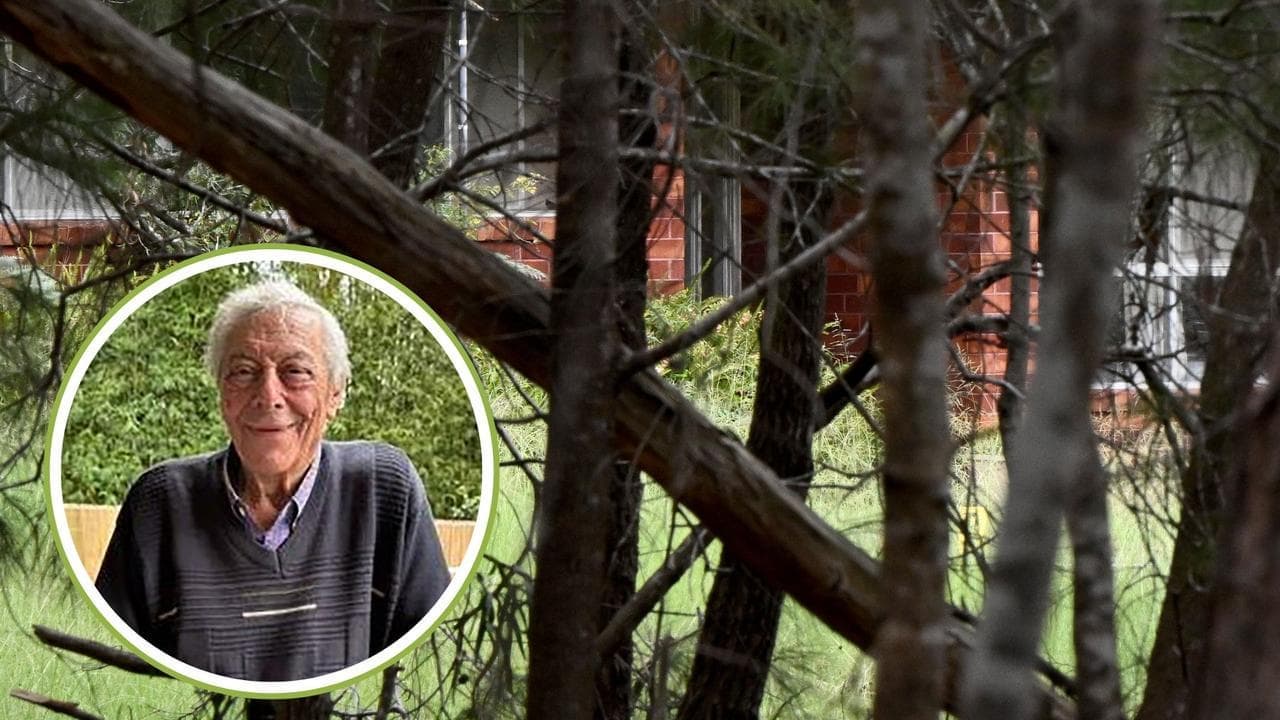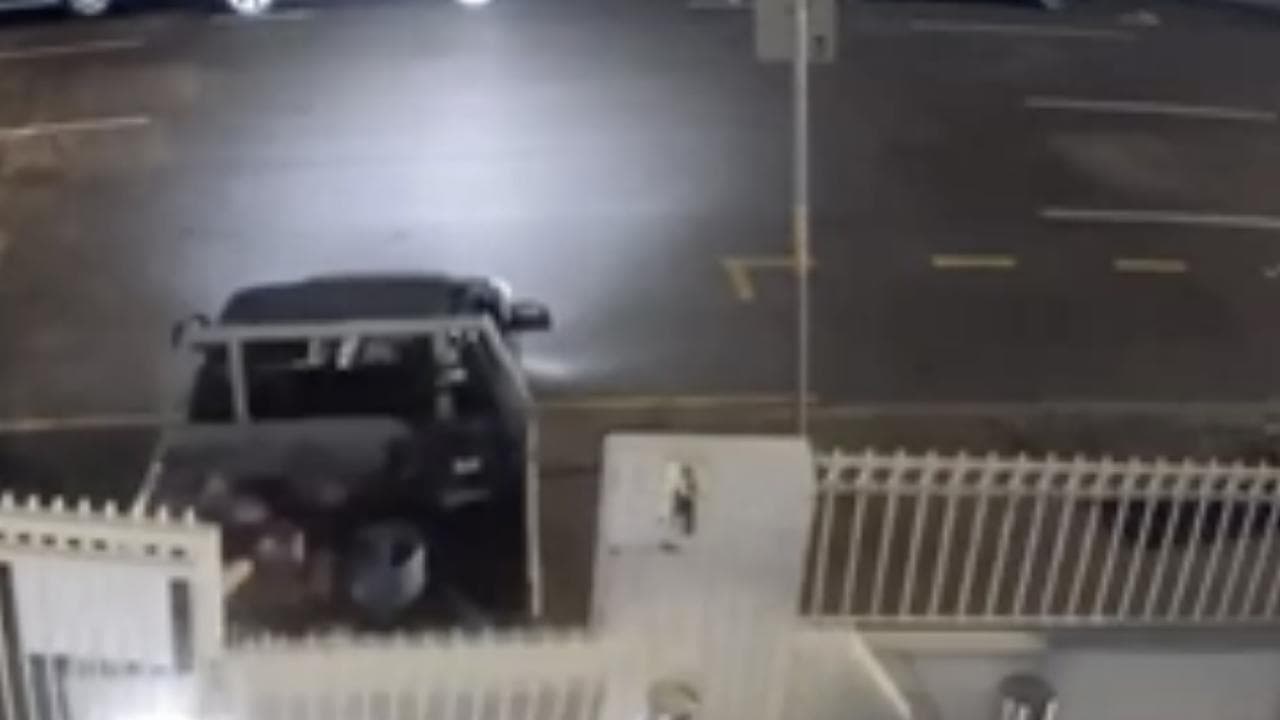The Statement
A social media post claims police have issued a warning to drivers to be wary of gangs using children's car seats draped in blankets at the side of the road to lure drivers into stopping their cars before the criminals attack and rob them.
A Facebook post, from a user whose profile states she lives in northern NSW, says police issued the warning after a person "driving on a rural end of the roadway" saw "an infant car seat on the side of the road with a blanket draped over it".
The post claims when the driver called the police to report the incident, they were told "gangs are placing a car seat by the road...with a fake baby in it...waiting for a woman, of course, to stop and check on the abandoned baby".
It continues by saying that police told the caller to "note that the location of this car seat is usually beside a wooded or grassy (field) area and the person -- woman -- will be dragged into the woods, beaten and raped, and usually left for dead. If it's a man, they're usually beaten and robbed and maybe left for dead, too".
The post also urges drivers who have eggs thrown at their windscreens during these attacks to not stop their cars or operate the windscreen wipers.
"Eggs mixed with water become milky and block your vision up to 92.5%, and you are then forced to stop beside the road and become a victim of these criminals," the post claims.
The September 24 post had been shared more than 15,000 times, attracting more than 1500 comments and 1400 reactions at the time of writing.

The Analysis
While the Facebook user claims in the post that the described events happened to them, the language and the punctuation mirrors that used in other posts dating back to as early as 2009.
One Facebook version, from 2013, includes references to Eastern Europe and 999 - the emergency number used in the United Kingdom and several other former colonies - which have been altered in the version shared among Australian users, which lists the emergency number as 000.
Otherwise, the posts are virtually identical, including the use of capitals for "police" and the placement of punctuation such as ellipses.
In late 2009, US fact-checking organisation Snopes debunked a similar hoax. It said the rumour of gangs using bloodied car seats to lure female motorists from the vehicles had been attributed to two US police departments, which said the information was either false or could not be verified.
The text of the earlier purported gang warning, as reported by Snopes, again includes near-identical wording and punctuation to the version being shared in Australia.
Meanwhile, fact-checking website Hoax Slayer debunked another near-identical version of the claim when it surfaced in the UK in 2019. Sussex Police confirmed it had not issued the warning at the time.
The latest version of the post did not specify where the alleged event took place, however the user's Facebook profile stated that they were based in northern NSW. The same post was shared later on September 24 by a user whose profile stated they lived in Brisbane.
When contacted by AAP FactCheck, NSW Police declined to comment on the post. However a search of keywords included in the post showed no record of any related warning being issued by the police service, nor were there any similar alerts posted on the Facebook pages for NSW Police or the local police command.
The claim about criminals throwing eggs at drivers' windscreens to block visibility and force cars to stop to carry out robberies has also been repeatedly debunked (see here, here and here).
A video testing the theory that eggs smashed on a windscreen would block visibility also found there were "no problems whatsoever" for wipers to clear the debris.

The Verdict
Near-identical claims about gangs setting infant car seat traps near roads to lure victims have been circulating online since at least 2009, however there is no evidence to suggest the tactic has been deployed as claimed. The latest post from a NSW-based Facebook user repeats the same baseless suggestions, which do not tally with any official warnings from local police.
False - The primary claim within the post is factually inaccurate.
* AAP FactCheck is accredited by the Poynter Institute's International Fact-Checking Network, which promotes best practice through a stringent and transparent Code of Principles. https://aap.com.au/











